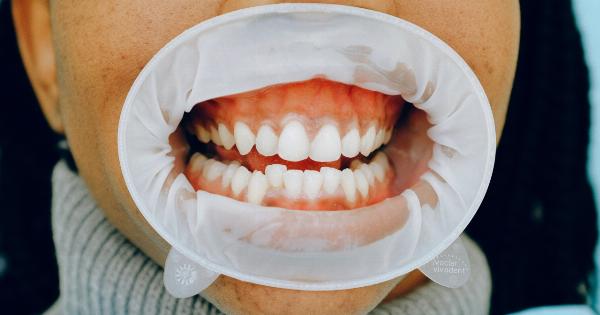Oral Health Awareness Day is celebrated every year on March 20 to raise awareness about the importance of taking care of our teeth and gums. Oral health is an essential part of overall health, yet many people still neglect it.
Poor oral hygiene can lead to various dental problems such as cavities, gum disease, and bad breath, which can affect our quality of life. In this article, we’ll highlight the reasons why it’s important to take care of our mouth and offer tips on how to maintain good oral hygiene.
Why Oral Health Matters
Oral health is essential to our overall health and wellbeing. Our mouth is the gateway to our body, and the state of our oral health can affect our general health in many ways.
Poor oral hygiene has been linked to various health conditions such as heart disease, stroke, diabetes, respiratory infections, and even dementia.
The mouth is home to millions of bacteria, some of which are good, and some can cause harm to our teeth and gums. When we don’t brush and floss regularly, bacteria can accumulate on the teeth and gums, causing plaque.
Plaque is a sticky film that can harden into tartar, which can lead to gum disease and cavities.
Gum disease is a serious condition that can lead to tooth loss if left untreated. It happens when the gums become inflamed due to bacterial infection.
In the early stages, gum disease may only cause mild symptoms such as redness, swelling, and bleeding gums. However, if left untreated, it can progress to periodontitis, a severe form of gum disease that damages the bone and tissues that support the teeth.
Overall, taking care of our oral health can help to prevent dental problems, reduce the risk of health complications and improve our quality of life.
How to Take Care of Your Mouth
Good oral hygiene starts with daily habits. Here are some tips on how to take care of your mouth:.
1. Brush Twice a Day
Brush your teeth twice a day with fluoride toothpaste. Use a soft-bristled brush and gentle circular motions to clean all surfaces of your teeth, including the front, back, and top.
Avoid brushing too hard or too vigorously, as this can damage the tooth enamel and irritate the gums.
2. Floss Once a Day
Flossing is just as important as brushing, as it helps to remove plaque and food particles from between the teeth and gums. Use dental floss or interdental brushes to clean the spaces between your teeth.
Be gentle and don’t force the floss between the teeth, as this can damage the gum tissue.
3. Use Mouthwash
Mouthwash can help to freshen your breath and kill bacteria that cause bad breath and gum disease. Choose a mouthwash that contains fluoride and antimicrobial agents, and use it after brushing and flossing.
Swish the mouthwash around your mouth for 30 seconds, then spit it out.
4. Limit Sugary and Acidic Foods and Drinks
Consuming too much sugar and acid can weaken the tooth enamel and increase the risk of cavities. Limit your intake of sugary and acidic foods and drinks, such as candies, soda, and citrus fruits.
When you do indulge, rinse your mouth with water afterwards or chew sugar-free gum to stimulate saliva production, which helps to neutralize the acid and wash away food particles.
5. Visit the Dentist Regularly
Regular dental checkups and cleanings are essential for maintaining good oral health. Your dentist can detect dental problems early and provide preventive treatments to help prevent further damage.
They can also give you advice on how to improve your oral hygiene practices and answer any questions you may have.
Conclusion
Oral health is an integral part of overall health, and it’s crucial to take care of our teeth and gums to prevent dental problems, reduce the risk of health complications, and improve our quality of life.
By following simple daily habits like brushing, flossing, using mouthwash, and visiting the dentist regularly, we can maintain good oral health and enjoy a beautiful smile for life.





























